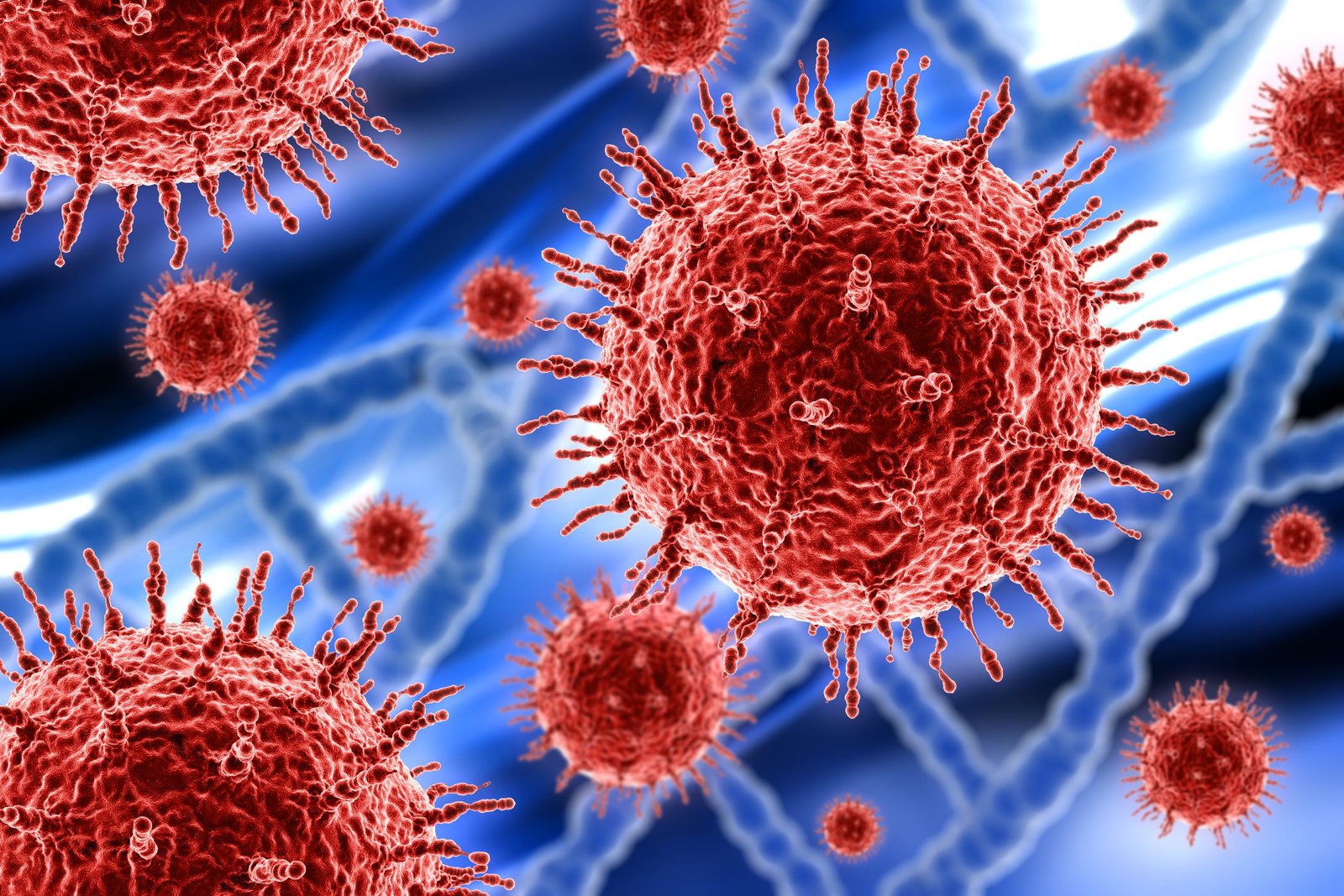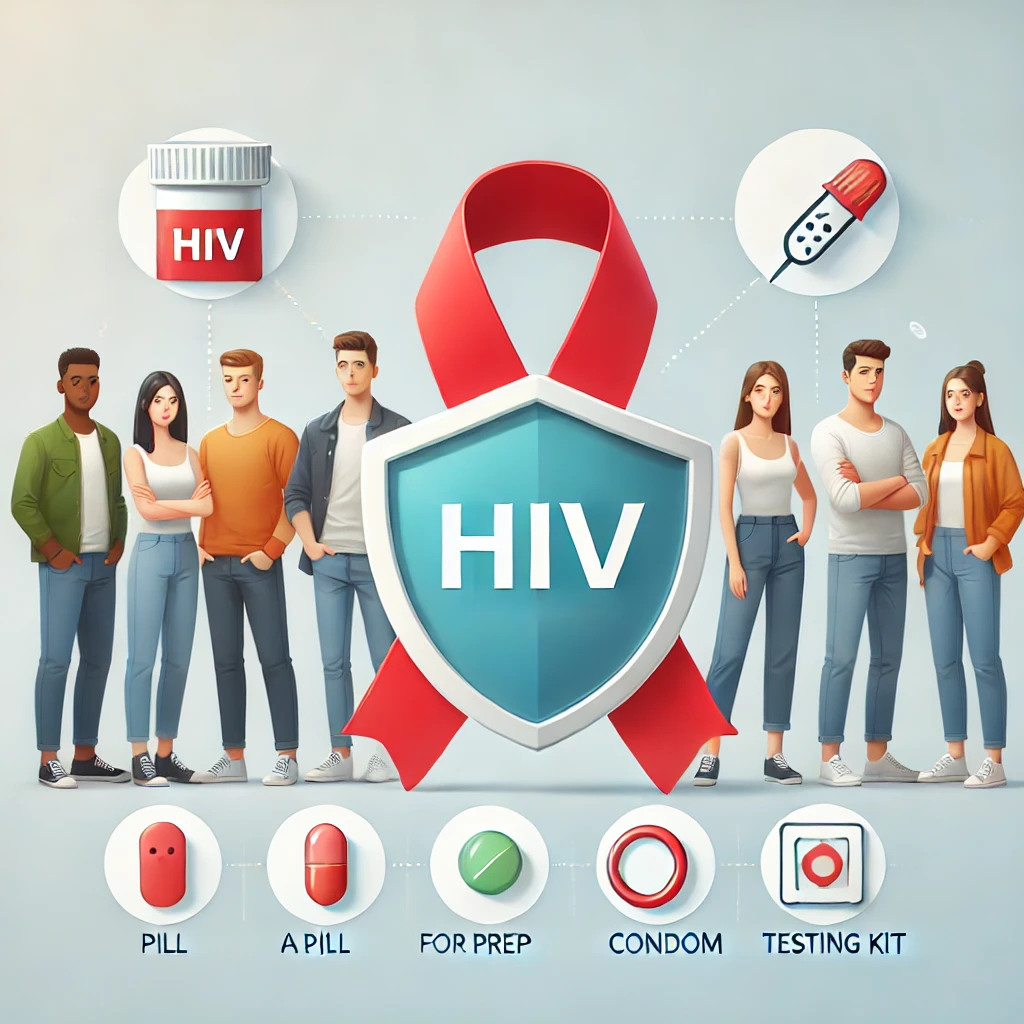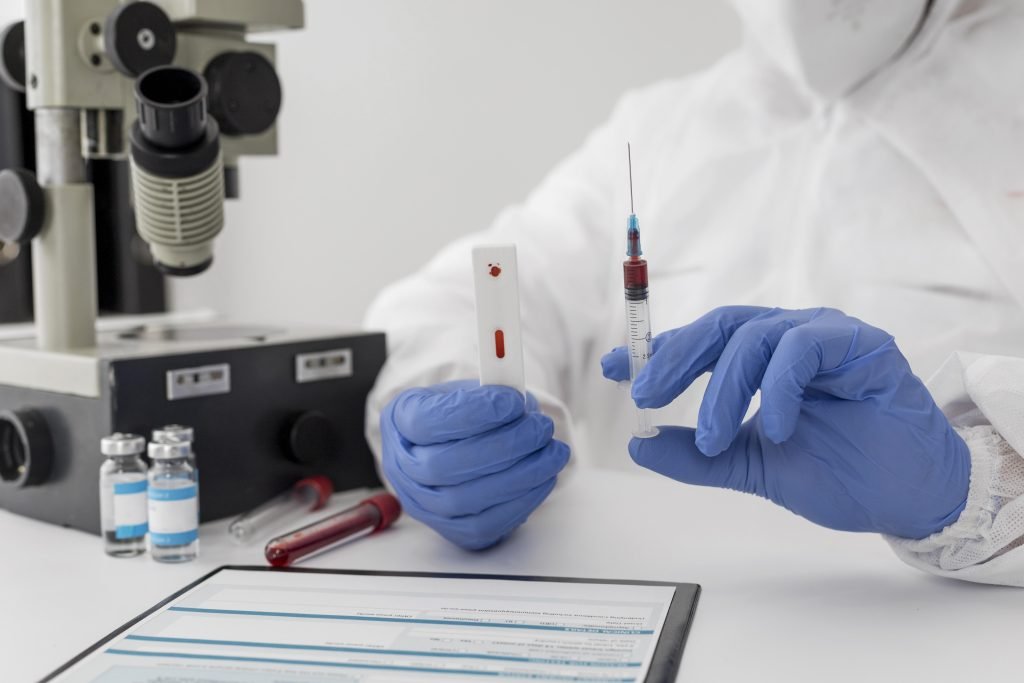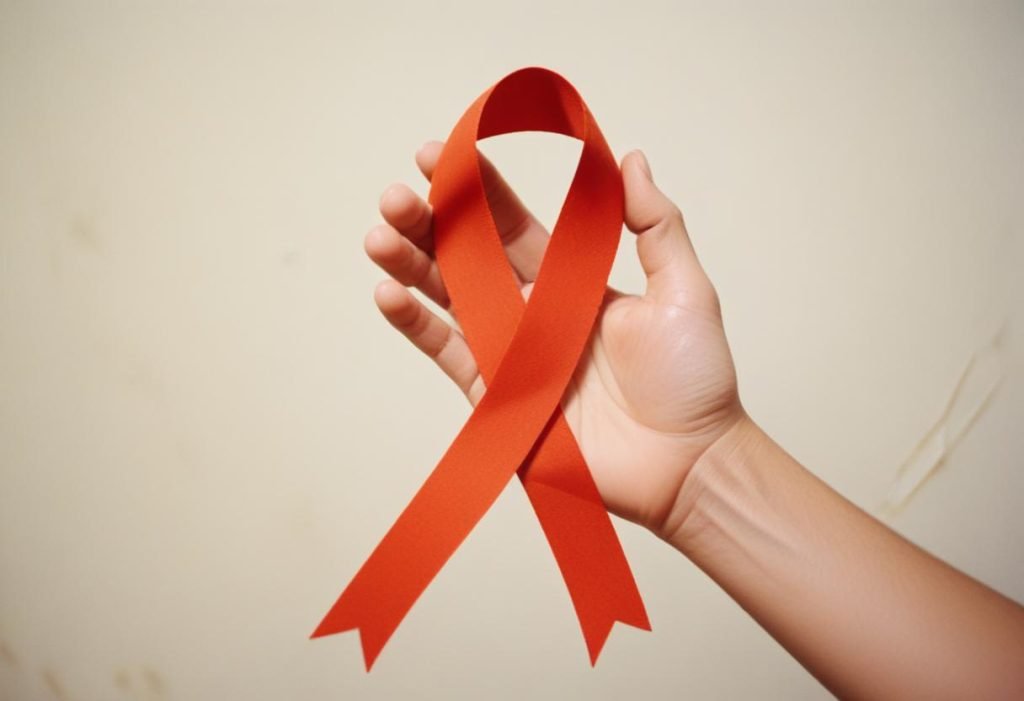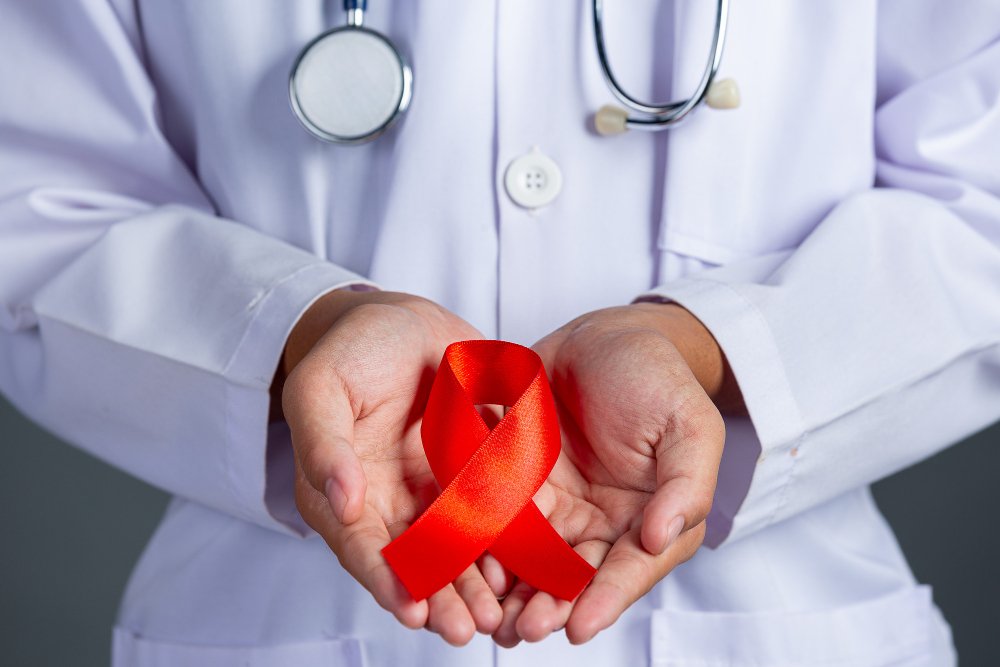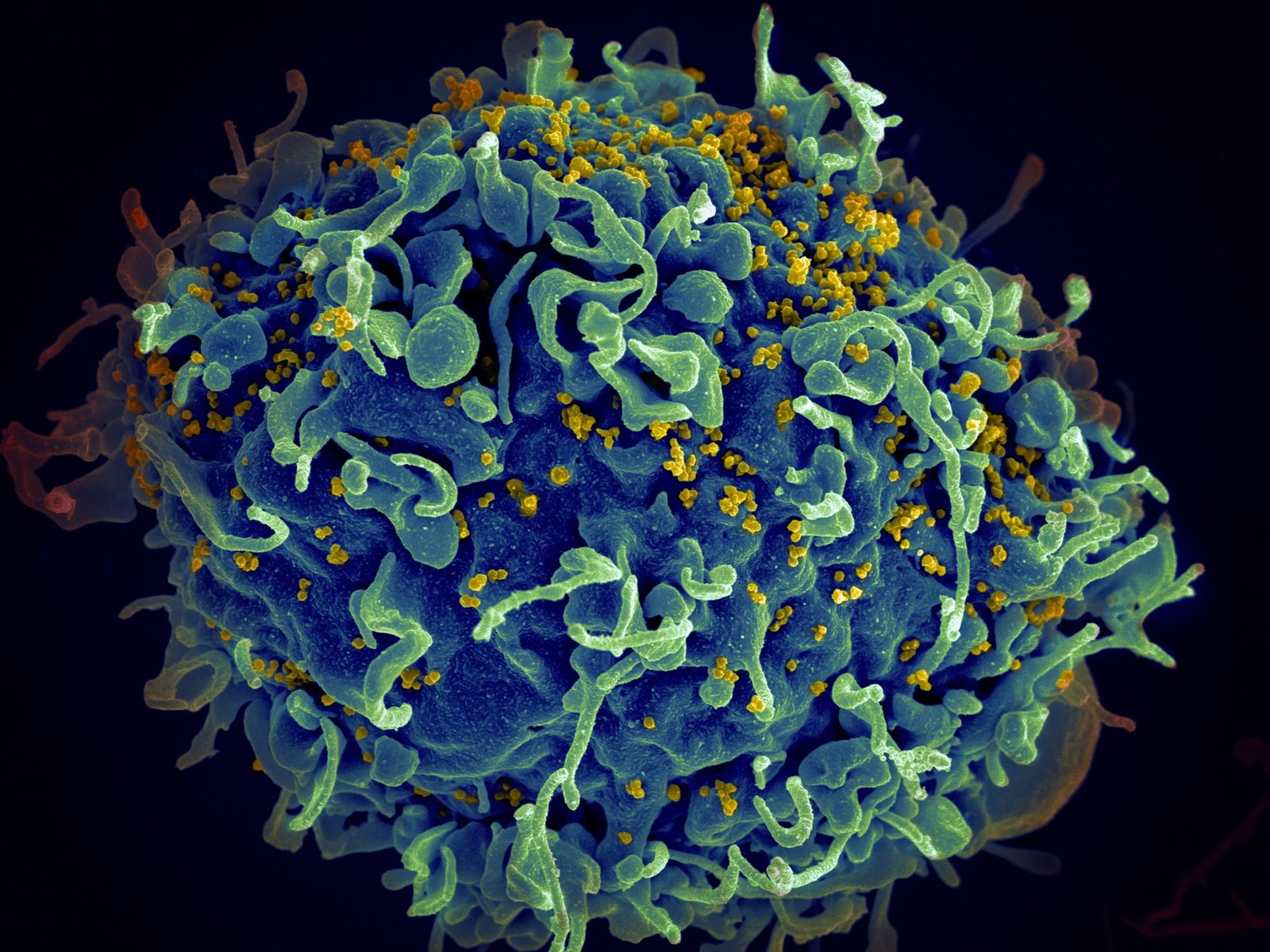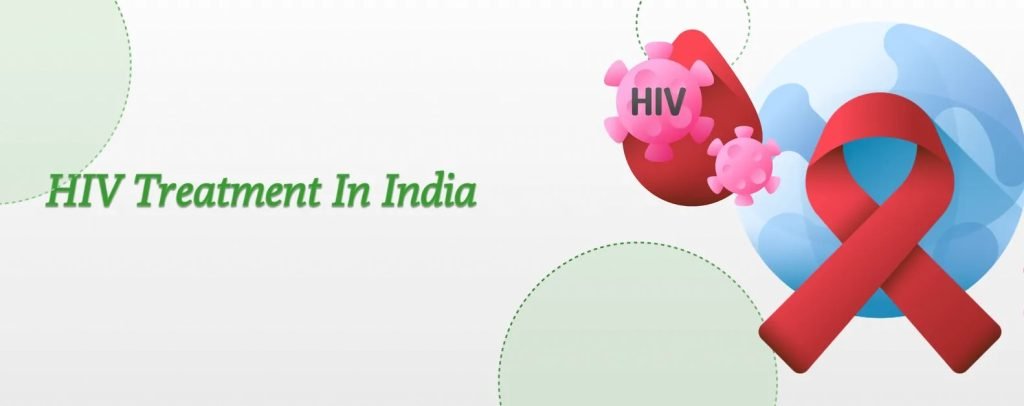Recognizing the early signs of HIV/AIDS infection is crucial for timely diagnosis and effective management of the disease. In this article, we delve into the various symptoms that may indicate the presence of HIV/AIDS in an individual and emphasize the importance of seeking medical attention for proper evaluation and treatment.
Early Signs of HIV/AIDS Infection:
- Flu-Like Symptoms: One of the initial indicators of HIV/AIDS infection can mimic symptoms of the flu, such as fever, fatigue, sore throat, and swollen lymph nodes. These symptoms may appear within a few weeks of exposure to the virus and often resolve on their own. However, if they persist or recur, it is essential to consider HIV testing.
- Skin Rashes: Some individuals may experience skin rashes early in the course of HIV/AIDS infection. These rashes can vary in appearance and may be accompanied by itching or discomfort. While skin rashes can result from various causes, persistent or unusual rashes should prompt further evaluation by a healthcare professional.
- Unexplained Weight Loss: Significant and unexplained weight loss is another potential early sign of HIV/AIDS infection. This weight loss may occur despite maintaining normal eating habits and can be attributed to the virus affecting the body’s ability to absorb nutrients efficiently.
- Gastrointestinal Symptoms: HIV/AIDS infection can also affect the gastrointestinal system, leading to symptoms such as nausea, vomiting, diarrhea, or abdominal pain. These symptoms may arise due to the virus’s impact on the digestive tract or secondary infections that commonly occur in individuals with weakened immune systems.
- Persistent Fatigue: Chronic fatigue or excessive tiredness that persists for an extended period may signal an underlying health issue, including HIV/AIDS infection. Fatigue associated with HIV/AIDS can be debilitating and affect daily functioning, highlighting the need for medical evaluation.
Conclusion: Early detection of HIV/AIDS infection is critical for initiating timely treatment and preventing disease progression. While the symptoms mentioned above may indicate the presence of HIV/AIDS, it is essential to remember that they can also result from various other health conditions. Therefore, if you experience any of these symptoms or have concerns about your risk of HIV/AIDS, it is advisable to consult a healthcare professional for proper evaluation, testing, and guidance. Early diagnosis and intervention can significantly improve outcomes and quality of life for individuals living with HIV/AIDS.
The Naval Aids Research Center can provide personalized guidance based on the most current treatment available.

